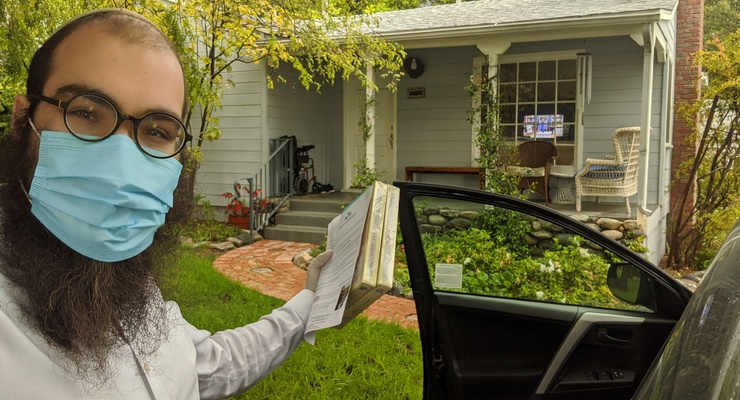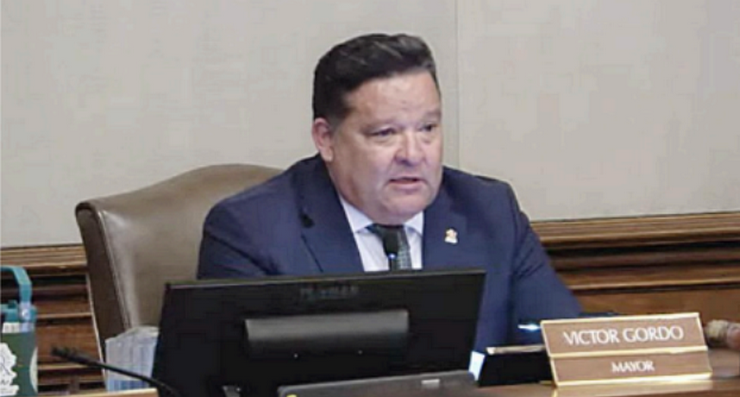
Passover commemorates the story of the Israelites’ departure from ancient Egypt after being freed from slavery, which is told in the Hebrew Bible’s books of Exodus, Numbers, and Deuteronomy, among other texts.
Passover 2020 takes place from sundown on April 8 to sundown on April 16.
The centerpiece of the Jewish holiday is the seder, a traditional meal typically held with family and friends on the first night. The seder tells the story of the liberation of the ancient Israelites with symbolic foods and rituals.
But with social distancing guidelines in place to help control the spread of the coronavirus, many local Jews are finding different ways to celebrate Passover.
Some families and congregations are holding virtual Seders via Zoom and Facebook or scaling back their plans.
The Pasadena Jewish Temple and Center is sending out an emailed video containing tips and guidance. Members can also hold a virtual Seder at seder2020.org.
Rabbi Zushi Rivkin said this year the Chabad of Pasadena will not be able to hold its annual communal Seder which has been attended every year by one hundred people.
“Everybody looks forward to it we do all the traditions together. Obviously this year we cannot provide that. So what we’ve done is we’ve essentially told the community, ‘Listen, we wish we could invite you. To be honest, this will be the first time in 16 years that I will be hosting my own Seder at home privately. I’m usually out there hosting a communal Seder, sharing my thoughts with the town.”
According to the Torah, after many decades of slavery to the Egyptian pharaohs, during which time the Israelites were subjected to backbreaking labor and unbearable horrors, God sent Moses to the Pharaoh to liberate his people.
Moses delivered a powerful message: “Send forth my people, so that they may serve Me.”
Despite numerous warnings, the Pharaoh refused to heed God’s command. God then sent upon Egypt ten devastating plagues, afflicting them and destroying everything from their livestock to their crops.
At the stroke of midnight of 15 Nissan in the year 2448 from creation (1313 BCE), God visited the last of the ten plagues on the Egyptians, killing all their firstborn. While doing so, God spared the Children of Israel, “passing over” their homes, hence the name of the holiday. Pharaoh’s resistance was broken, and he virtually chased his former slaves out of the land.
The Israelites left in such a hurry, in fact, that the bread they baked as provisions for the way did not have time to rise. Six hundred thousand adult males, plus many more women and children, left Egypt on that day and began the trek to Mount Sinai and their birth as God’s chosen people.



















